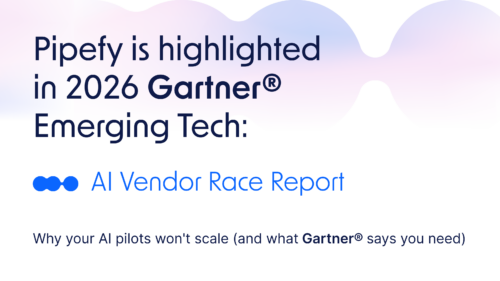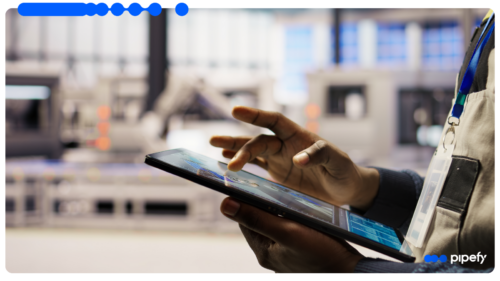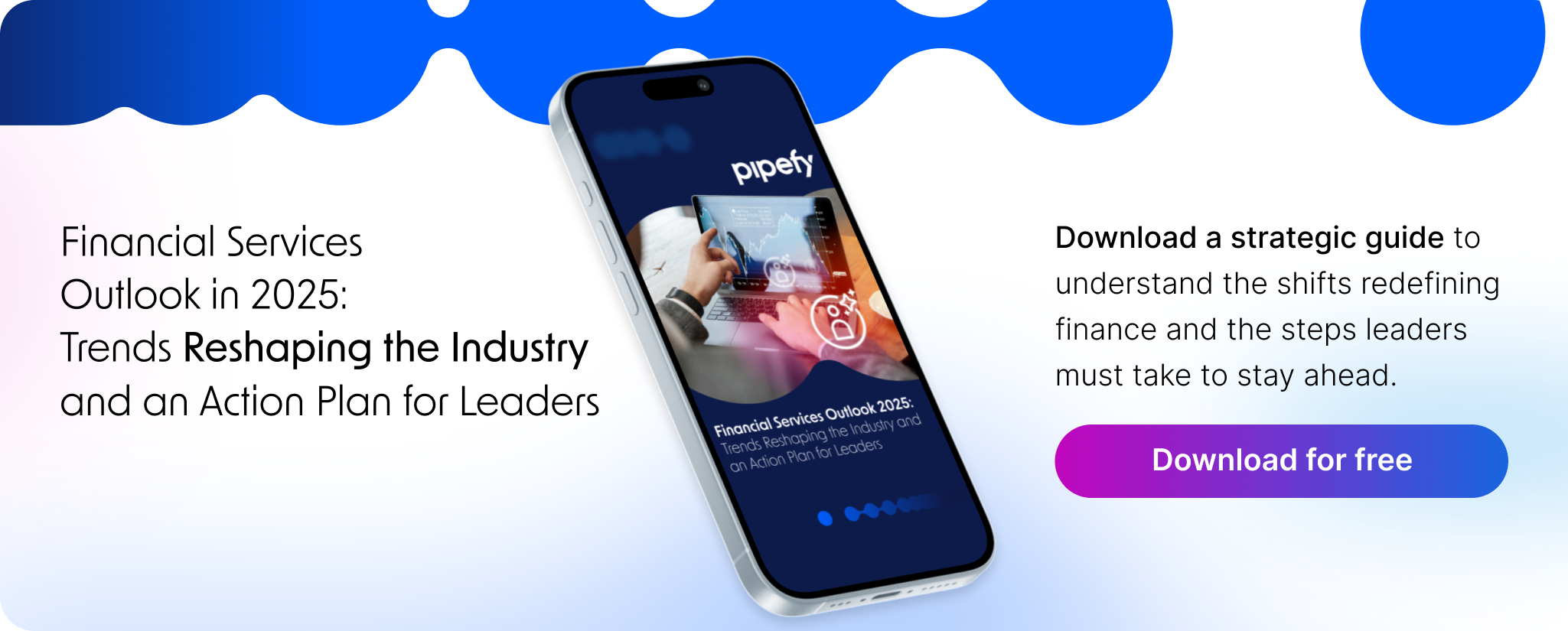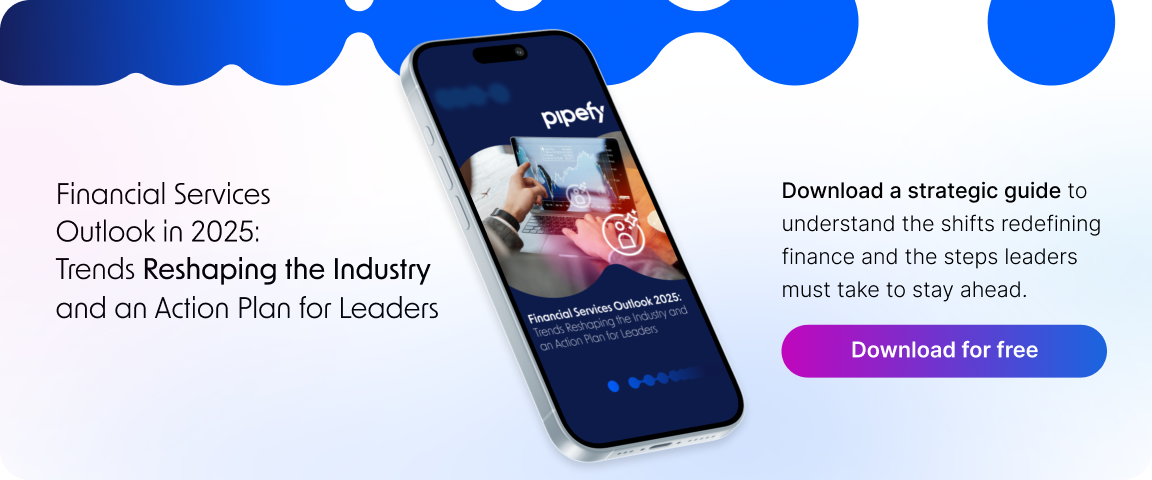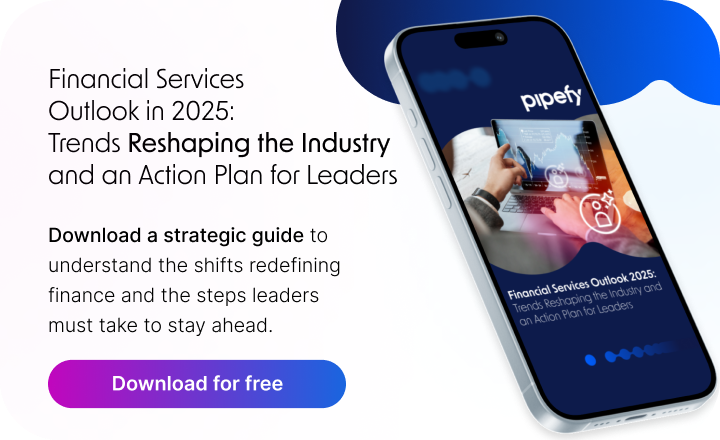
In the fast-paced world of industrial operations, agility isn’t a luxury—it’s a necessity. From production floors to supply chains, every delay ripples across the entire ecosystem. Yet, one of the most overlooked bottlenecks is hiding in plain sight: the hiring process. When it comes to Hire in Manufacturing HR, delays in recruiting the right talent directly impact production goals, safety, and long-term efficiency.
This article explores how manufacturers are slashing recruitment delays using platforms like Pipefy—powered by AI Agents, embedded intelligence, and Low-Code / No-Code automation. You’ll learn actionable strategies to reduce time-to-hire manufacturing, improve process control, and scale with confidence.
Why Time-to-Hire still hurts in Industrial HR
Manufacturers often deal with a high volume of operational roles, seasonal fluctuations, and skill gaps. HR teams in these environments face intense pressure to fill roles quickly—without compromising on candidate quality or compliance.
Some of the most common issues include:
- Manual resume screening consuming hours each week.
- Inefficient communication between hiring managers and HR.
- Lack of integration with job boards or background check providers.
- Delays in interview scheduling and approvals.
When left unchecked, these gaps slow down Hire in Manufacturing HR and lead to missed production targets and increased turnover.

How a Automation Platform with AI helps you reduce Time-to-Hire in Manufacturing
Platforms as Pipefy, with a Low-Code / No-Code automation, enables HR teams to design custom recruiting workflows without relying on IT. With Embedded AI, HR departments can now add an intelligent layer to routine tasks, freeing teams to focus on what truly matters—people.
Key features used in recruiting optimization:
- AI-powered resume triage and classification
- Automated interview scheduling and email notifications
- Centralized dashboards to track hiring KPIs
- Integration with tools like LinkedIn, DocuSign, and Slack
In a manufacturing HR context, plataforms’s pre-built recruiting templates can be customized with drag-and-drop logic, approvals, SLAs, and AI-driven decisions—cutting out redundant work from day one.
Read more: AI Trends in Process Automation: Everything You Need to Know
Hire in Manufacturing HR: where AI Agents make the difference
By incorporating AI Agents into recruiting workflows, HR teams shift from reactive to predictive hiring. Here’s how:
| Task | Without AI Agents | With Pipefy + AI Agents |
| Resume Screening | Manual filtering based on job criteria | Smart categorization using AI prompts |
| Candidate Follow-ups | Repetitive emails and reminders | Automated messages triggered by conditions |
| Interview Scheduling | Dozens of back-and-forth emails | One-click coordination via integration |
| Process Monitoring | Disjointed data across systems | Real-time dashboards with actionable alerts |
| SLA Compliance | Missed deadlines and approvals | AI-monitored workflows and escalations |
With HR automation in industry, companies reduce cognitive overload, maintain compliance, and give hiring managers visibility into every phase of the process.
The Power of Low-Code / No-Code in industrial talent acquisition
Manufacturing operations thrive on speed and standardization—principles that should extend to HR processes too. But traditional HR tech often demands heavy IT involvement. This is where Low-Code / No-Code platforms shine.
By empowering HR professionals to automate tasks themselves, Pipefy makes it possible to:
- Customize workflows for union vs. non-union roles
- Set SLA timers based on production urgency
- Route requests to different plant locations automatically
- Reduce time-to-hire manufacturing roles by up to 60%
And because everything is visual and intuitive, adoption across HR teams happens faster, even in decentralized industrial environments.
Read more: Automation with AI Agents: the complete guide to transforming your processes
Results you can expect when you automate hire in Manufacturing HR
Based on internal benchmarks and customer case studies, manufacturers that adopt platforms like Pipefy achieve:
- 4x faster resume triage with AI Agents
- Up to 50% decrease in time-to-hire for critical roles
- 40% reduction in administrative overhead
- Seamless collaboration across HR, plant managers, and recruiters
And it’s not just about speed—it’s about consistency, compliance, and scalability.
Practical example: filling a maintenance technician role
Imagine you’re hiring for a maintenance technician in a plant that can’t afford downtime. Here’s how automation accelerates the process:
- AI Agent scans incoming resumes, scores them by relevance, and highlights those meeting all required certifications.
- Workflow auto-routes top candidates to the hiring manager for approval.
- Upon approval, an interview is scheduled through Google Calendar and a message is sent to the candidate.
- Post-interview, automated feedback collection triggers next-step decisions—offer or rejection—with zero HR delay.
All tracked, all auditable, and all customizable.
FAQs: AI Agents in Manufacturing HR
1. What are AI Agents in HR?
AI Agents are intelligent components that automate decision-making and task execution within HR workflows. They simulate human reasoning to analyze data, trigger actions, and improve recruiting optimization.
2. Can AI Agents be trusted with candidate selection?
They assist with triage and recommendations, not final decisions. Human oversight remains essential to ensure fairness and legal compliance.
3. Do I need programming skills to use AI Agents in Pipefy?
No. Pipefy’s Low-Code / No-Code interface allows HR teams to configure AI Agents using visual prompts and logic—no coding required.
4. What types of HR processes benefit most from AI?
Recruiting, onboarding, offboarding, employee requests, and compliance tracking are key areas. Particularly, AI shines in repetitive, time-sensitive processes.
5. How does automation impact employee experience?
Faster responses, consistent communication, and fewer delays create a better candidate experience and a smoother handover to operations teams.
Closing thoughts
The future of Hire in Manufacturing HR is not just about hiring faster—it’s about hiring smarter. With the right combination of HR automation in industry, intelligent workflows, and Embedded AI, manufacturing companies gain more than efficiency—they gain a competitive edge in the talent market.
Platforms like Pipefy bring the best of Low-Code / No-Code agility with AI Agent power—transforming talent acquisition into a streamlined, scalable operation aligned with production goals.
Click the button below, schedule a demo and see the first results appear in just a few weeks.
